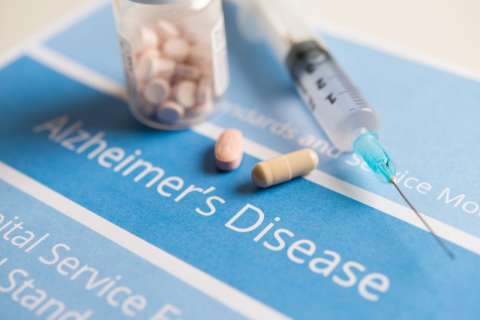Dear Doctor: What are the possible health risks from artificial sweeteners? What are they, and how do we know if they're safe?
Dear Reader: It's been well over a century since a scientist at Johns Hopkins University who was fiddling around with the byproducts of coal tar (that's right, coal tar) accidentally discovered saccharine. It caused a sensation, and a decade later saccharine, which scientists estimate to be between 200 and 700 times sweeter than table sugar, could be found in many sodas and some canned foods.
Since then, as you noted, a host of new artificial sweeteners have hit the market. Some, like cyclamates, which were linked to bladder cancer in lab rats, were subsequently withdrawn. Others, despite undergoing rigorous study before getting approval from the Food and Drug Administration, continue to be the focus of skepticism and scrutiny.
At this time, six artificial sweeteners -- also known as "non-nutritive" and "high-intensity" sweeteners -- have received FDA approval. These are saccharine, sucralose, aspartame, acesulfame potassium, neotame and advantame. Each is at least several hundred times sweeter than sugar. Advantame is said to be 20,000 times sweeter than sugar. It, along with all the other FDA-approved artificial sweeteners except saccharine and aspartame, is heat-stable. That means these can be used in baking.
Stevia, a sweetener made from the leaf extract of a plant native to parts of South America, gets a Generally Recognized as Safe (GRAS) nod from the FDA. That means it doesn't need formal approval for use. However, the stevia leaf itself, as well as crude stevia extracts, are not cleared for use at this time.
Artificial sweeteners have undergone years of testing in order to get approval from the FDA, which means they are considered safe for human consumption. Sucralose, for instance, was studied for 20 years before getting FDA approval. However, as we mentioned before and as your letter illustrates, not everyone feels comfortable with these products.
Some subsequent studies linked various artificial sweeteners to health problems in the rats and mice used in experiments. But when this research underwent scrutiny by groups such as the National Cancer Institute, it was determined that inconsistencies in the data prevented clear conclusions from being drawn.

A fascinating group of studies has suggested that, contrary to their no-calorie logic, artificial sweeteners don't help with weight loss. In fact, the promise of sweetness without the caloric payoff actually backfires. It sets off a chemical reaction in the brain that results in increased craving for sweets. And because seemingly every discussion of health and well-being these days now leads to the gut, there is evidence that artificial sweeteners can adversely affect the numbers and diversity of the friendly bacteria in our intestines.
While artificial sweeteners can be a boon to people with conditions like diabetes, we believe that for the rest of us, they should be an occasional, rather than a regular, part of our diets.
(Send your questions to [email protected], or write: Ask the Doctors, c/o UCLA Health Sciences Media Relations, 10880 Wilshire Blvd., Suite 1450, Los Angeles, CA, 90024. Owing to the volume of mail, personal replies cannot be provided.)





